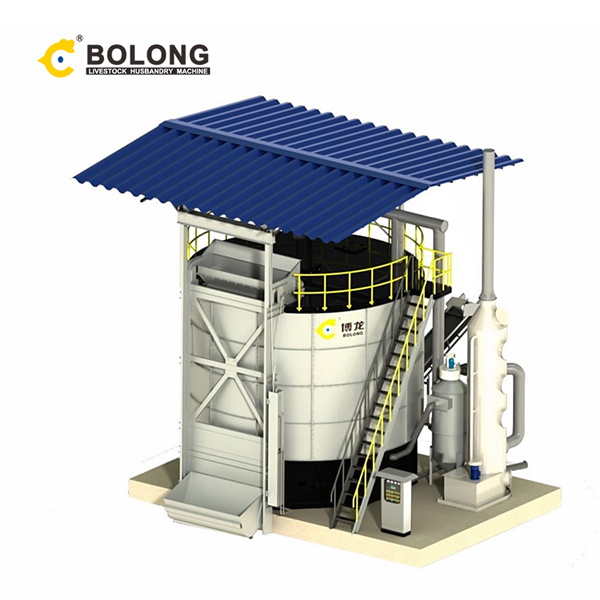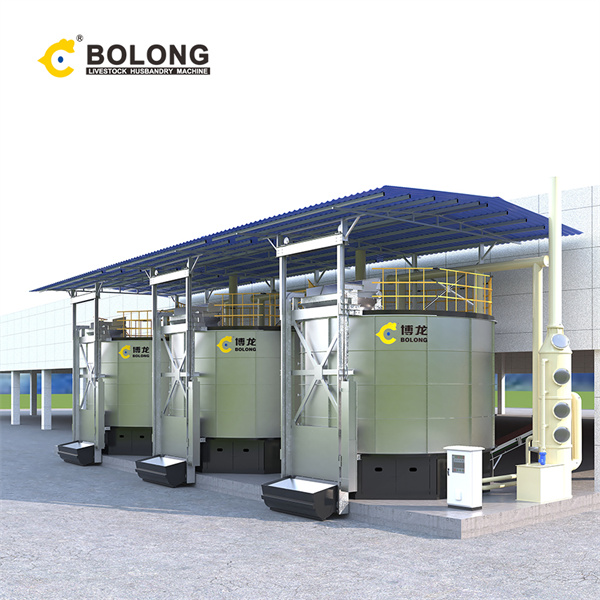The Role of Fermentation Tanks in Reducing Agricultural Runoff
Introduction
Agricultural runoff is a significant source of water pollution. Fermentation tanks help reduce runoff by producing compost that enhances soil structure and nutrient retention.

Challenges of Agricultural Runoff
Runoff from agricultural fields carries nutrients and sediments into water bodies, causing pollution and ecosystem damage. Effective soil and nutrient management practices are needed to mitigate this issue.
Role of Fermentation Tanks
Fermentation tanks produce compost that improves soil structure and increases its ability to retain nutrients and water. This reduces the potential for nutrient runoff and enhances soil health.
Benefits to Water Quality and Agriculture
Using compost from fermentation tanks reduces agricultural runoff, improving water quality and reducing the need for chemical fertilizers. This supports sustainable farming practices and protects aquatic ecosystems.

Conclusion
Fermentation tanks play a crucial role in reducing agricultural runoff. By producing compost that enhances soil health, they support sustainable agriculture and environmental protection.